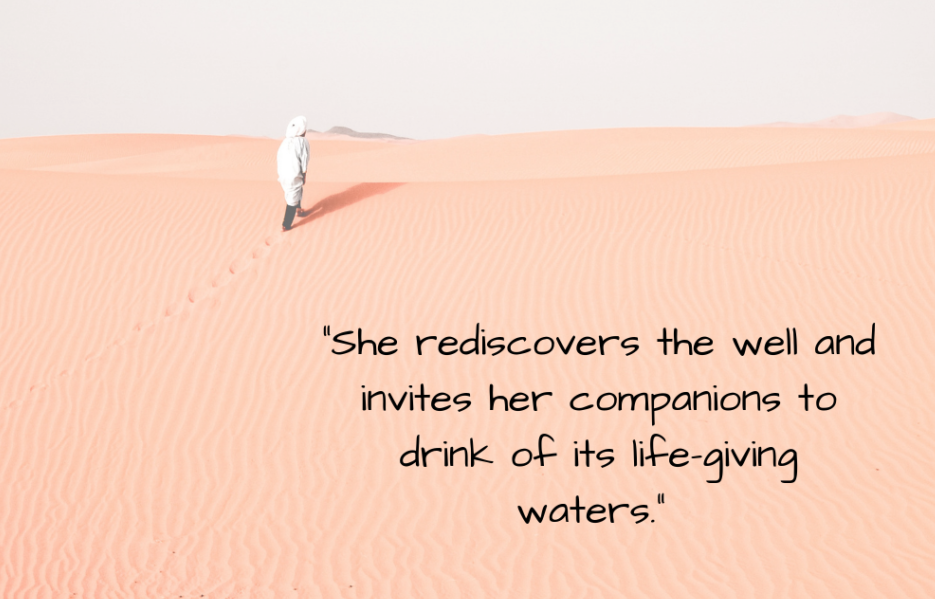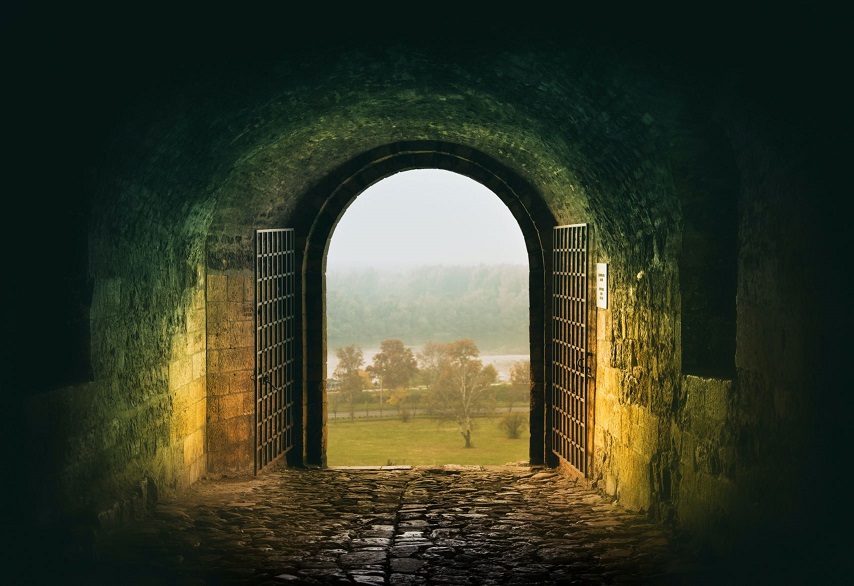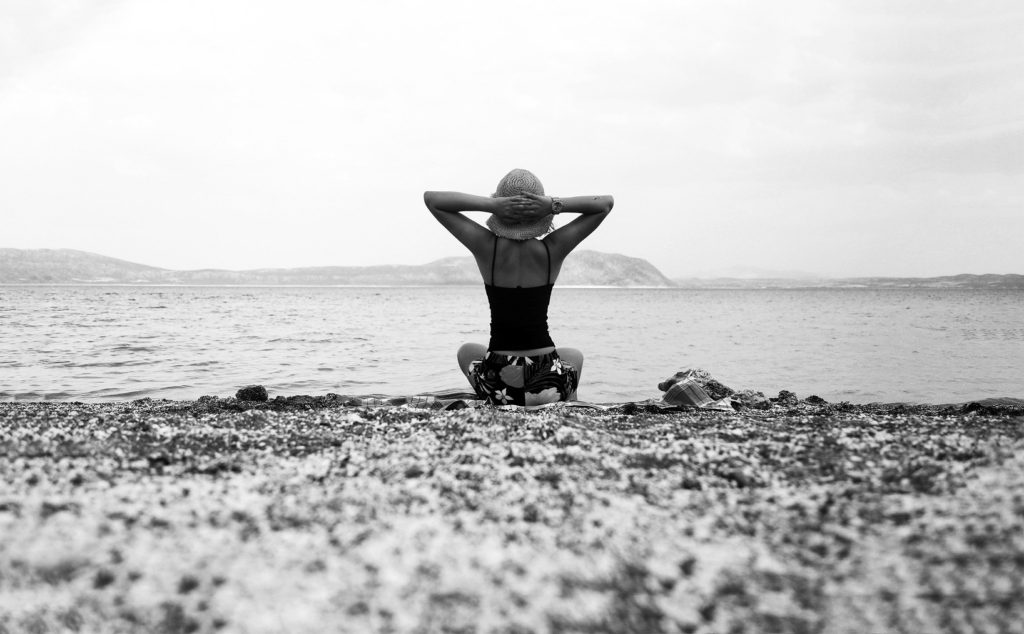When you schedule a Clarity Call with me, I’ll ask you to answer three questions. Many of you tell me that those three questions alone provide you with powerful clarity before we ever begin working together.
1. What’s going on your life that’s causing pain or suffering?
2. What do you want to happen?
3. What obstacle(s) prevent your desired outcome?
Writing is thinking. Just writing down what’s going on, rather than letting it spin and spin in your mind, helps you see patterns and gives you insight into your own heart. Clearly articulating the issue helps us stop avoiding it and begin to give it our attention in a meaningful, healing way. We give ourselves regard and respect when we take the time to write down what’s hurting and where we’re struggling.
The second question comes from author Pam Grout, so long ago I can’t find the reference. These six words are powerful because the only way to have what you want is to know what you want. When you describe what you want in clear words, you’ve already begun to create it. You’ve begun to take your power back.
And question three gives you insight into what’s going on in your mind that’s keeping you stuck. I teach that thoughts create feelings, feelings lead to actions, and actions produce results. When you articulate your obstacles, you see them as either stuff you’ve made up in your mind that isn’t true, or as reality that must be accepted. Either way, you’ll know your next step.
These questions are why just 45 minutes together on a free, no-strings-attached Clarity Call can be life-changing. No kidding.
These next four questions, from psychotherapist and Holocaust survivor Dr. Edith Eger’s The Choice, are the focus of the last session in my three-month Coaching Intensive. They also underpin “Get Your Thing Done.”
1. What do you want?
2. Who wants it? (You, really, or someone else?)
3. What are you going to do about it?
4. When?
Coaching relationships begin and end with questions. Along the way, of course, there are many more questions. Good coaching is rich with good questions.
You might have noticed there’s not one “Why?” question among them. That’s because I find “Why?” questions generally unhelpful in coaching. “Why?” is more a therapist’s territory, which I am not. “Why?” can be a useful question to answer. “Why?” can also keep you stuck when you use it as an excuse not to take necessary action.
“What?” and “How?” are more my jam as a coach, which I most decidedly am. Throw in a little “When?” and we’re really rocking. “What?” and “How?” and the occasional “When?” will move you forward.
You don’t need me when you answer these questions, although saying something out loud (letting me or someone else “hear you into speech,” to paraphrase bell hooks) leads to greater awareness and greater accountability to our wild heart’s wisdom. There is power in using your voice to articulate your clarity.
Take some time to answer these questions. Answer them in the privacy of your journal, share them with a trusted friend, or talk them through with me. Revisit these questions regularly. Give yourself the gift of listening to yourself. Give yourself regard and respect. I think you’ll find yourself growing and healing as you see and hear yourself ever more clearly.
PS. Subscribe to my weekly letter for the latest news on coaching openings, new offerings, retreats, workshops, classes, and monthly Community Conversations. Thanks!
Photo credit: Billy Pasco on Unsplash.






